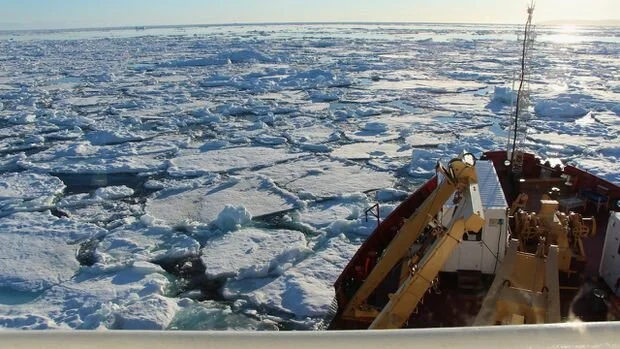In the first large-scale survey of its kind in the region, researchers sampled more than 30 locations across the eastern Arctic and Hudson Bay and were able to detect microplastics nearly everywhere they looked, including in surface waters, marine sediments and in the guts of zooplankton – the tiny, floating organisms that occupy the base of the Arctic food chain. And while the long-term effects of the materials on the environment and on human health remain largely unknown, the results suggest widespread exposure is becoming inescapable, even for people living in the most remote areas of the globe.
Sask. researcher says provincially-encouraged oil, gas extraction method could put groundwater at risk
A University of Saskatchewan researcher says a form of oil extraction being encouraged by the Saskatchewan government needs more research and monitoring to avoid potential long-term contamination of drinking water in the province.
Grant Ferguson said his research suggests "waterflooding," a conventional form of oil extraction, could become a bigger problem for Saskatchewan than the more controversial practice known as fracking.



